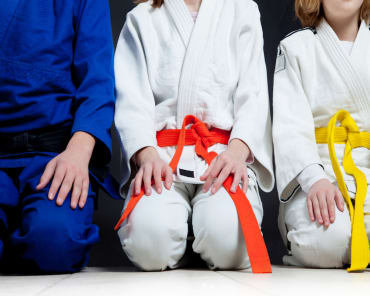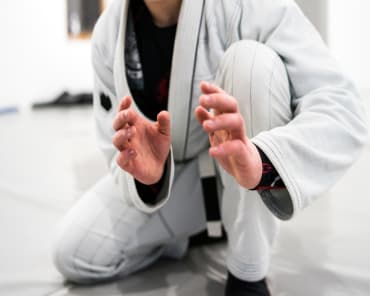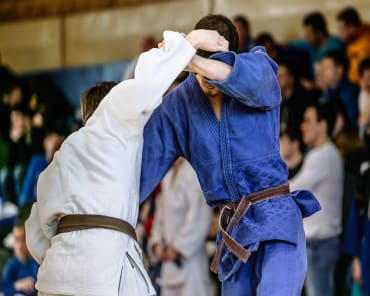
Beyond its physical techniques and competitive aspects, Brazilian Jiu-Jitsu (BJJ) embodies a rich philosophy that extends into every aspect of a practitioner's life. Rooted in principles of leverage, technique, and respect, the philosophy of BJJ offers profound insights and valuable lessons that resonate both on and off the mats.
Respect and Humility
At the heart of BJJ philosophy lies respect—for oneself, training partners, instructors, and the art itself. Practitioners learn to approach each training session with humility, acknowledging that there is always more to learn and room to improve. Respect is demonstrated through courteous behavior, attentive listening, and a willingness to support others in their journey.
Discipline and Perseverance
BJJ demands discipline in training, diet, and lifestyle. Practitioners commit to consistent practice, drilling techniques, and maintaining physical fitness. Through perseverance in the face of challenges—whether mastering a complex submission or recovering from an injury—BJJ instills resilience and the belief that hard work yields results over time.
Problem-Solving and Adaptability
Central to BJJ philosophy is the ability to problem-solve under pressure. Techniques are designed to neutralize an opponent's strength through leverage and technique rather than brute force. This mindset encourages practitioners to analyze situations, anticipate movements, and adapt their strategies accordingly—a skill set applicable to both martial arts and daily life challenges.
Trust and Community
BJJ fosters a sense of community and camaraderie among practitioners. Trust is built through collaborative learning, where partners work together to refine techniques and improve their skills. This supportive environment encourages mutual growth, respect for diversity, and the development of lasting friendships beyond the gym.
The Journey of Self-Discovery
Beyond physical prowess, BJJ serves as a vehicle for self-discovery and personal growth. Practitioners confront their fears, insecurities, and limitations on the mats, gaining insights into their strengths and areas needing improvement. This introspective journey fosters self-awareness, confidence, and a deeper understanding of one's capabilities.
Application to Daily Life
The philosophical principles of BJJ extend into daily life, shaping how practitioners approach challenges, interact with others, and navigate adversity. Concepts such as resilience, adaptability, and respect for others translate into improved decision-making, effective communication, and a balanced approach to personal and professional relationships.
Conclusion
Brazilian Jiu-Jitsu is more than a martial art—it is a philosophy that cultivates respect, discipline, problem-solving skills, and community. Through dedicated practice and adherence to its principles, practitioners not only develop physical proficiency but also embrace a mindset conducive to personal growth and ethical conduct. The philosophy of BJJ encourages individuals to strive for excellence, embody resilience in the face of adversity, and foster meaningful connections within a supportive community. By embracing the deeper lessons and values of BJJ, practitioners embark on a transformative journey of self-discovery and empowerment, enriching their lives both on and off the mats.






